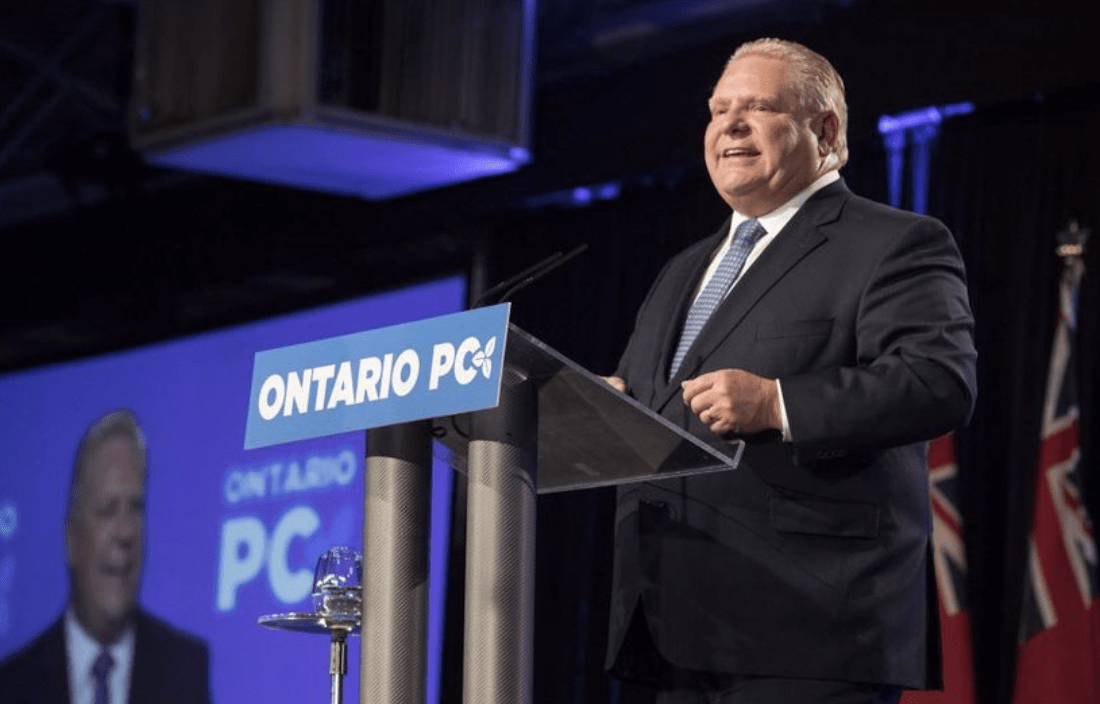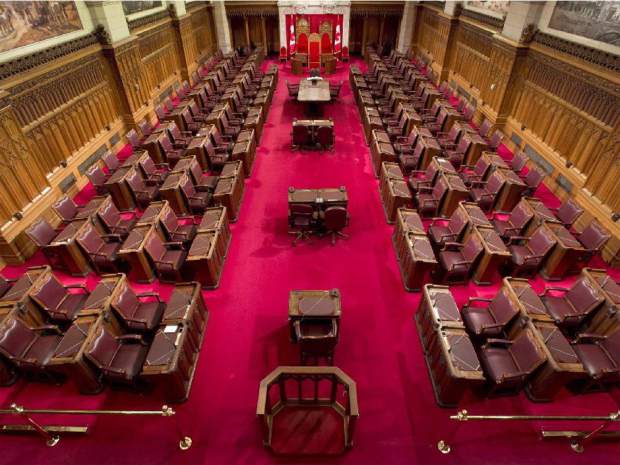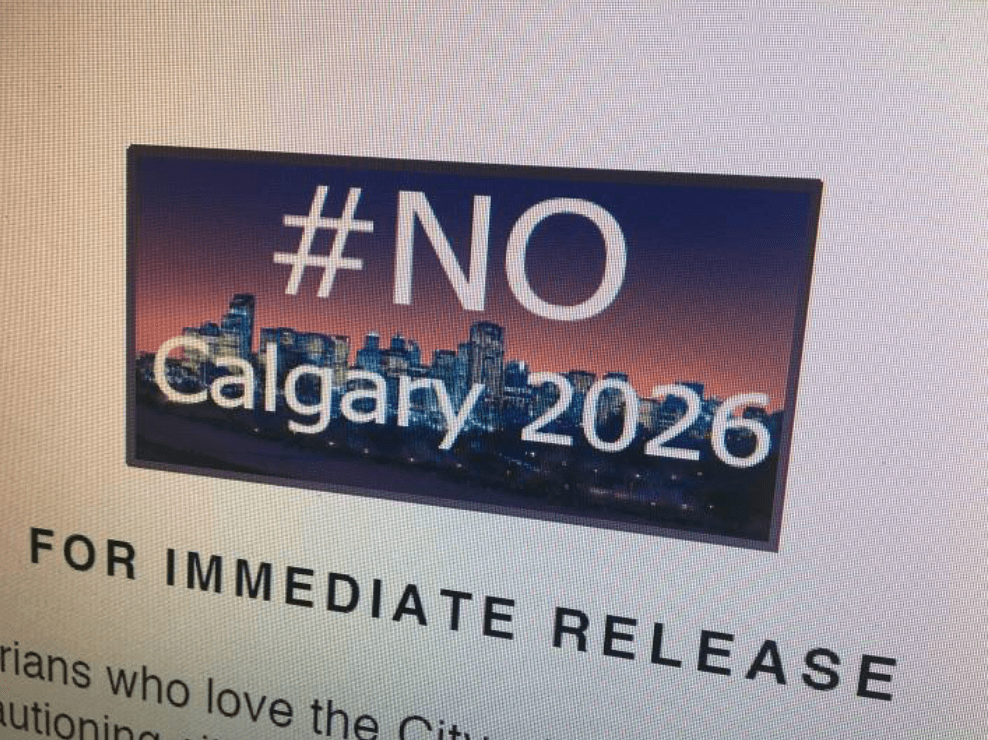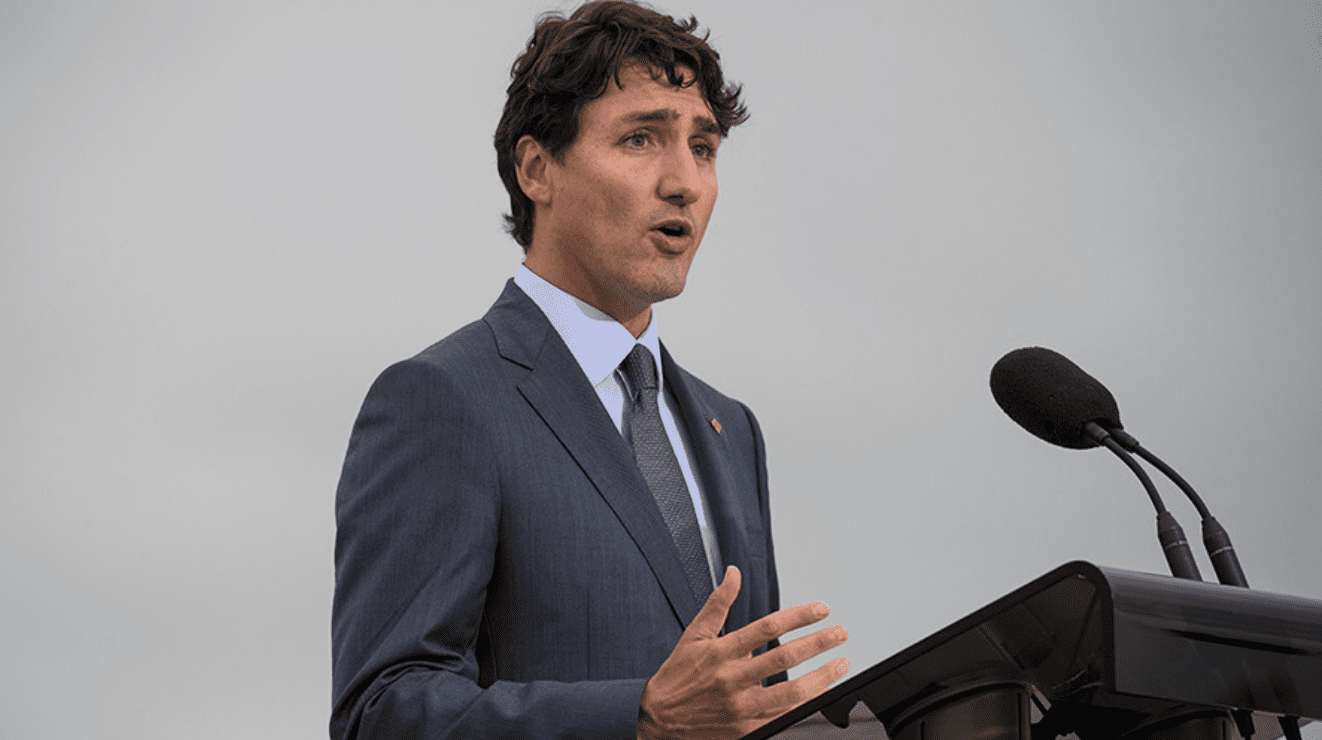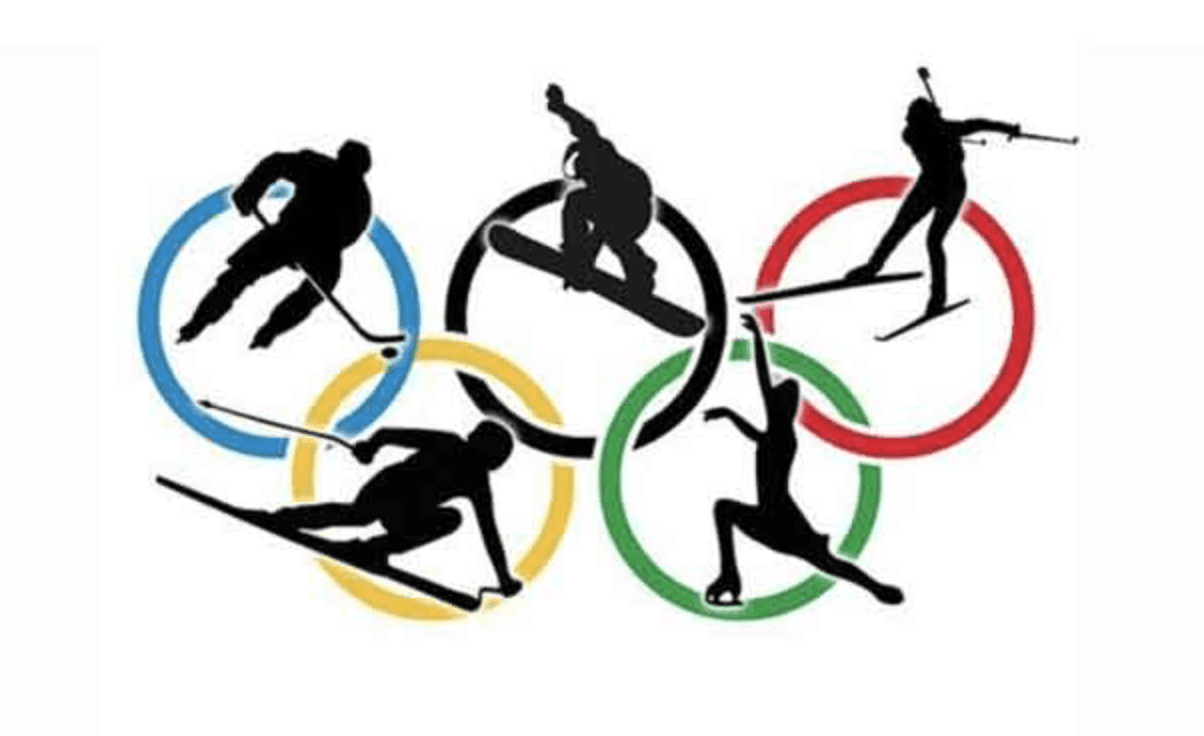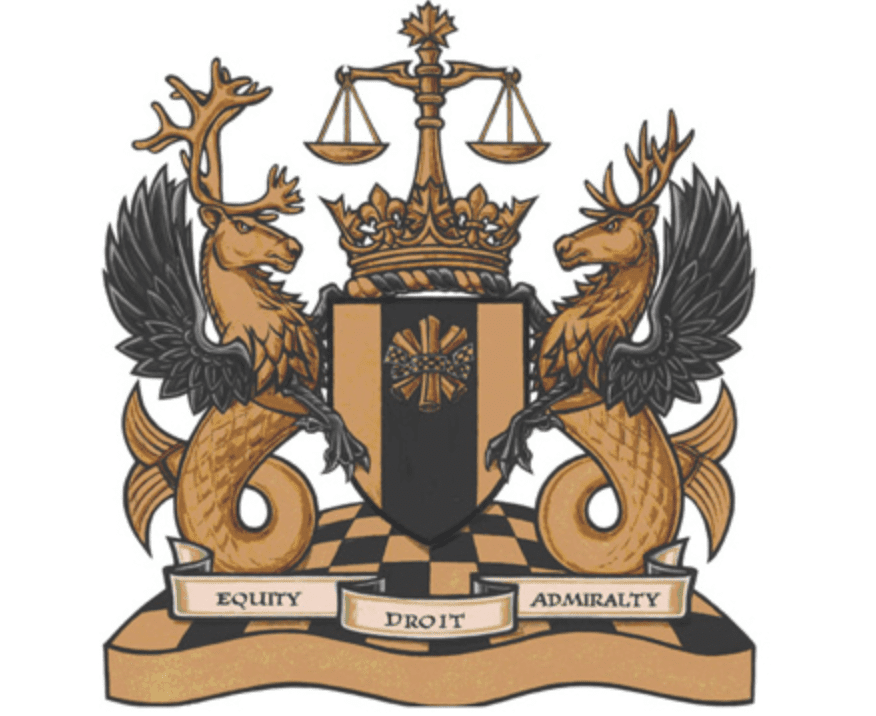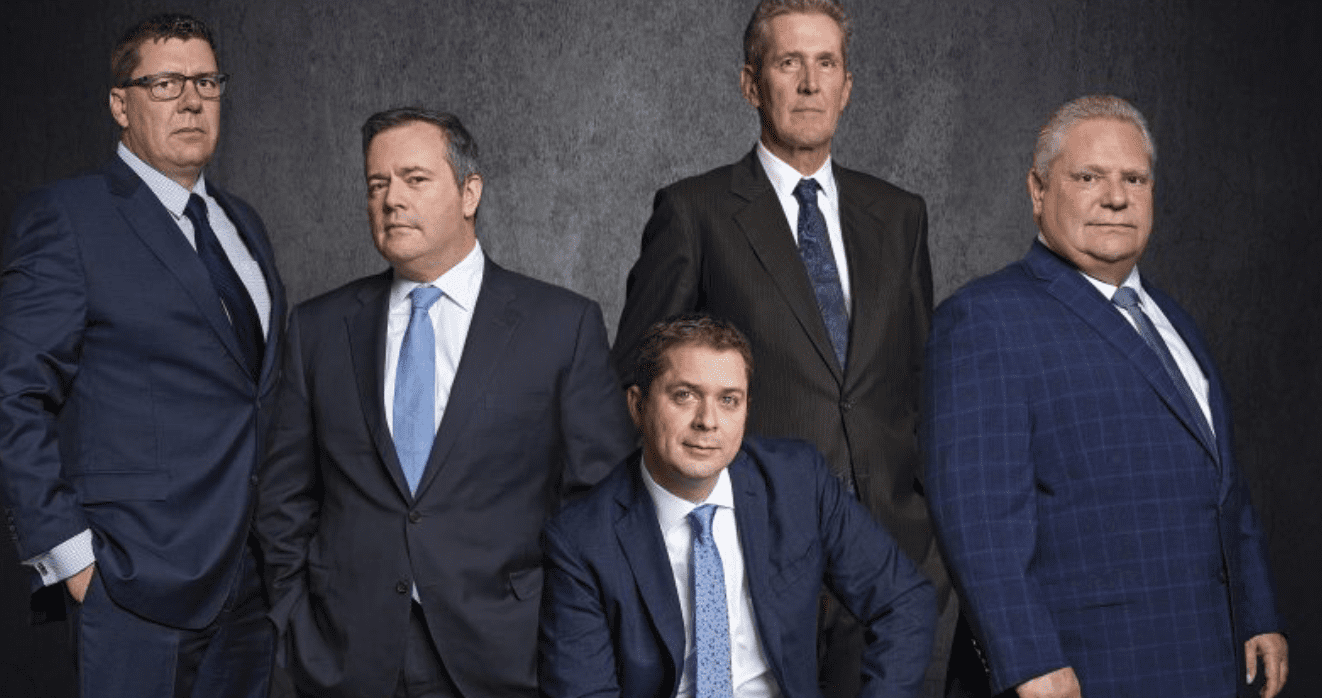It's PCPO Convention weekend as I write this, and you know what THAT means: It means some unfortunates will have to get off their asses and actually organize stuff. Since nobody in Canada actually likes organizing stuff, or has the first clue how to organize stuff, things have gone completely off the rails. Prepare yourselves for lots of PC Party fartcatchers doing their best impression of that cartoon dog wearing the hat in the burning house, doing a better job than you'd expect at convincing everyone who can quite clearly see the fire that "this is fine", as they blather from the stage about "principles" and "renewal" and "bright futures."
Ordinary citizens could safely fail to notice the bloodbath over the largely ceremonial office of PC Party President between party grandee Brian Patterson and perpetual outsider Jim Karahalios over whether the party exec has been sufficiently purged of loyalists to the unlamented Patrick Brown (or something), but those who are being paid to run this shindig must rely on the only reflex they have when this sort of thing happens: stick their heads in the sand and affect a dead smile.
But don't go overboard drowning your sorrows at the Toronto Congress Centre cash bar because then you'll miss Tanya Granic Allen and the PAFE-chafers working to ensure that the "pro-family" constituency, whatever that is, makes its voice heard. They might be working to pass some policy resolution (such as some nebulous "Parents' Bill of Rights") that will never come close to making it into the next platform, or change the party constitution the same constitution that has been trampled for years whenever convenient with some amendment that will be ignored or overwritten whenever the exec sees fit to do so.
Other than a Toronto Star headline to the effect of PC PARTY CONTINUES TO FLIRT WITH THEO-CON TRUMP-STLYE FASCISM, there isn't a damn thing that any of these bunfights will amount to, and the particulars know it well. You would think, with the party in this much disarray, and with the aforementioned Mr. Brown's potentially libelous and clearly overheated vanity project set to drop the same weekend, that the NDP would be able to make some headway.
However, in their infinite wisdom, the left party have decided to take Patrick Brown (that noted feminist) at his word and try to Kavanaugh PC Finance Minister Vic Fedeli, despite the fact that the allegations against Brown are far more credible. Oh well. Anyway, if that doesn't tickle your pickle, the feisty folks down at OCAP will be hosting the cleverly-named "Stick It To Ford" rally outside the Ford family business, Deco Labels and Tags. Get it? They're STICKING it to Ford because it's a STICKER company. Ahahah. Well, according to Facebook less than 200 people have signed up to stand out in the cold on a Saturday afternoon, so I guess at least somebody got the joke?
So you might be asking yourselves why we cannot have proper political organization in this country, and why it is that every political concern I've just described (and the ones that I haven't), be it left or right, grassroots or big business, has this same desperate amateur-hour feel. The answer is that this has nothing to do with organization, because organization involves moving towards a goal. This is about various petty lords carving out virtual or real fiefs and raising armies to battle one another, not for any political or policy end, but to satisfy their own egos and to enrich themselves, because when you pull back and look at the provinces squabbling over nothing, or the meaningless intrigues of Ottawa, you realize that is what this country is.
But even the pretense of organization- finding like-minded people and working together- does not apply, because the people working under these petty lords are not of like mind. Whatever types of shenanigans take place in, out, and around the PC Party Convention, those shenanigans will not be done in the service of any high principle. Rather, it will be done in the hope that someone does something that will get them lots of likes on social media, or their backs patted by their fellow wretches. These days, that's all you can get people excited for.
Photo Credit: Toronto Sun
Written by Josh Lieblein



